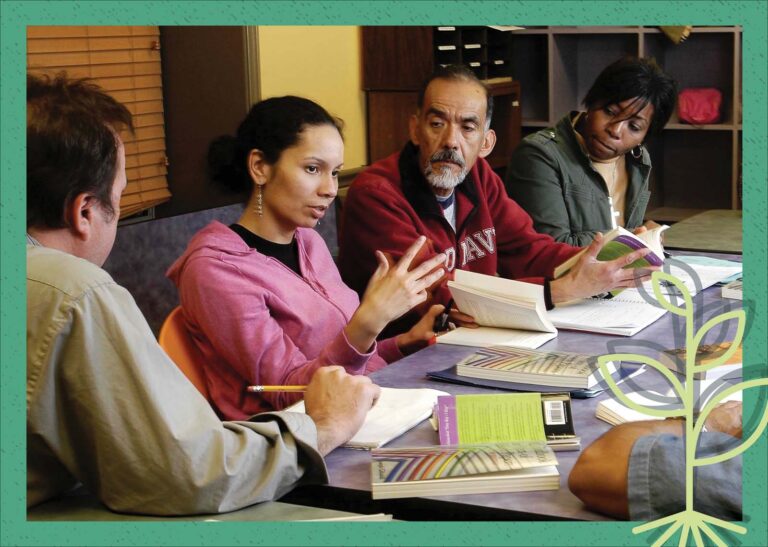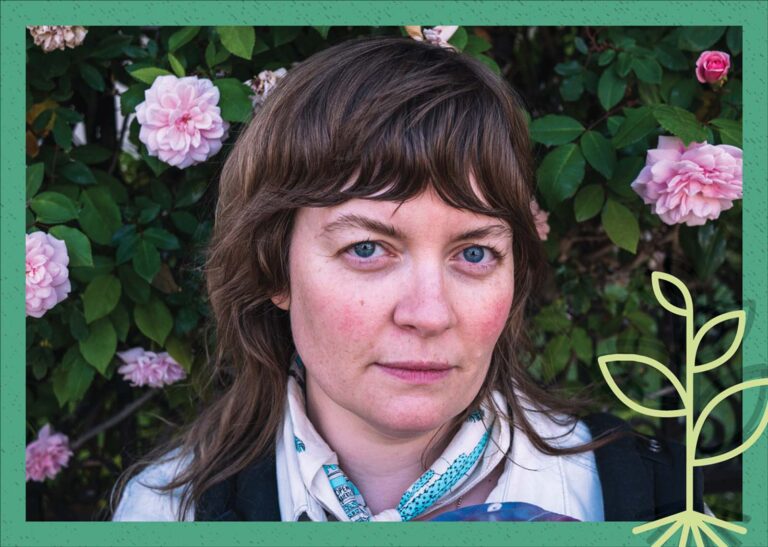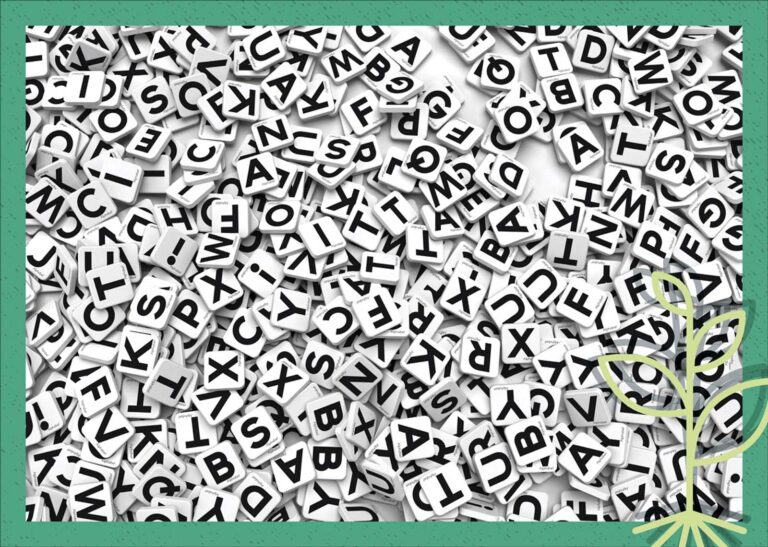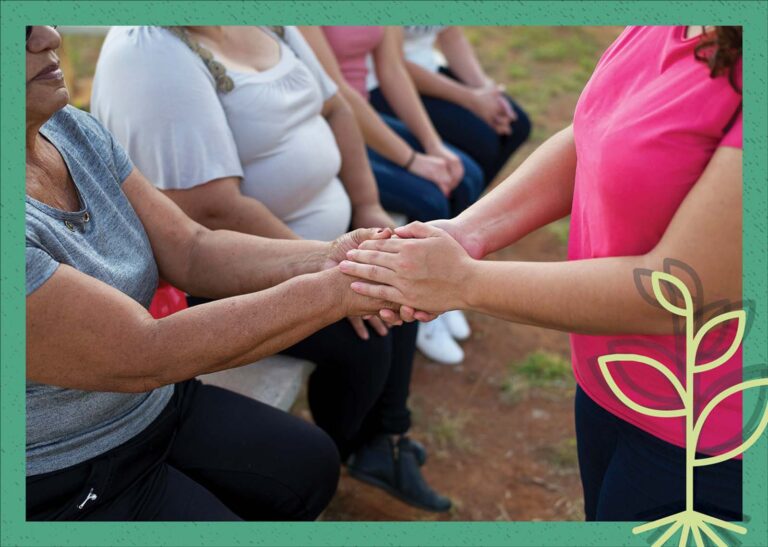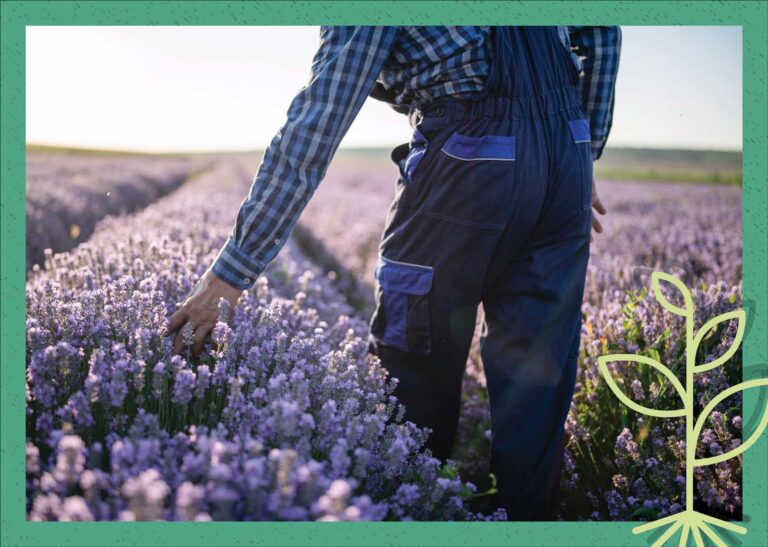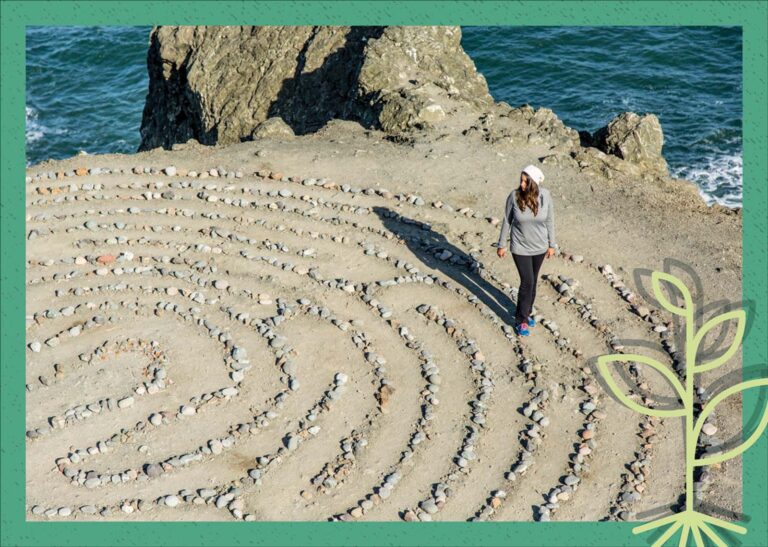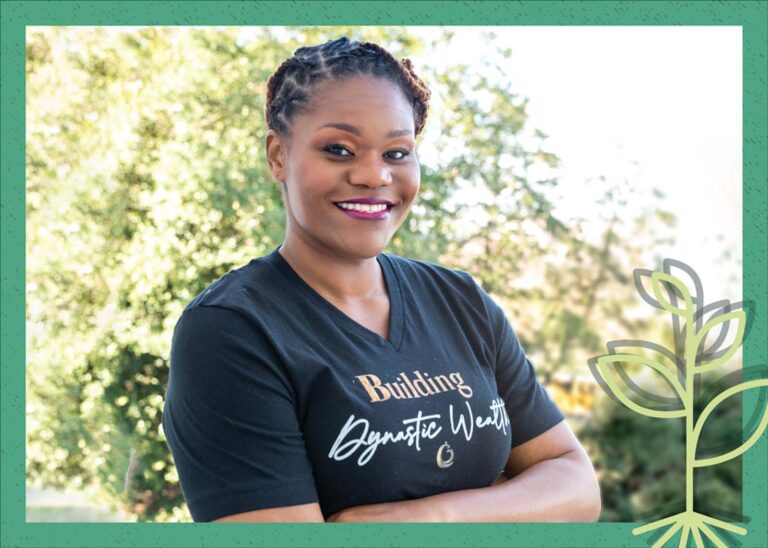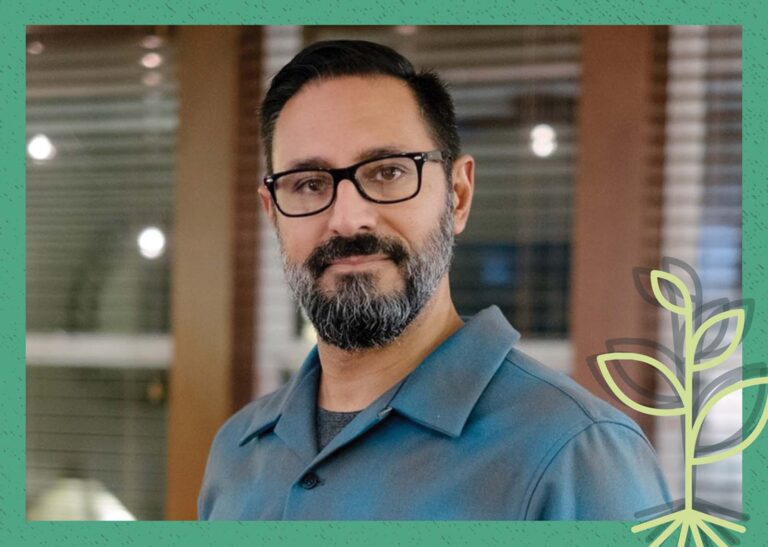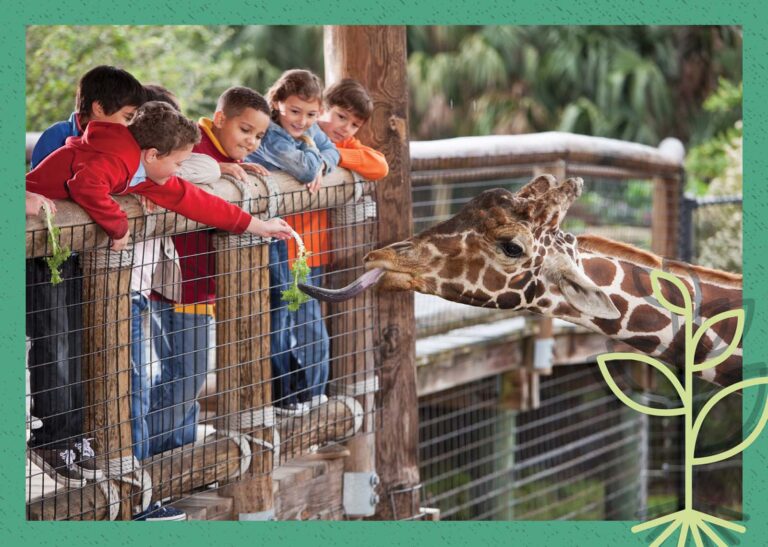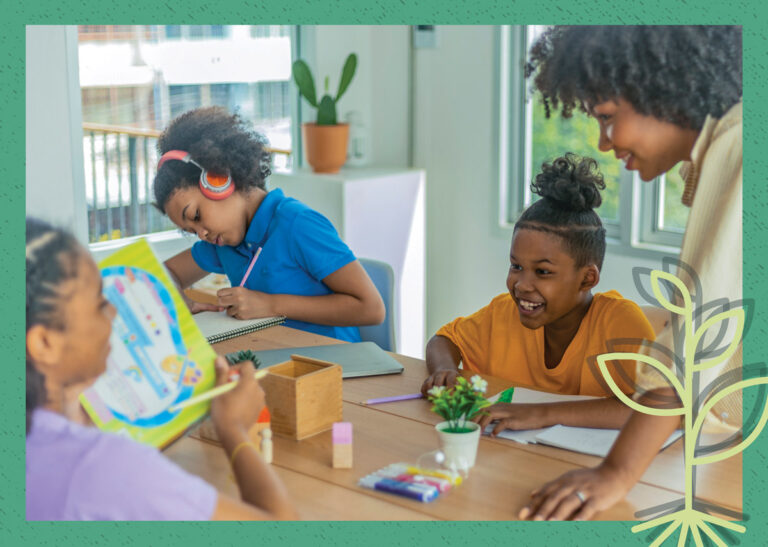Higher education is not just about getting a job—and the Clemente program suggests that study of the humanities can be life-changing and empowering.
S5 E9: Creative Writing Offers a Chance to Take Yourself Seriously
It can be hard to find time and emotional space within our busy lives to sustain a creative writing practice. At the same time, writing offers a key space to process and make sense of our experiences. Navigating the writing life is a productive challenge, says this week’s guest Lisa Locascio Nighthawk, the Chair of the Antioch MFA in Creative Writing.
S5 E8: We Understand Dyslexia Better Than Ever, Yet Most Students Still Don’t Get Help
Twenty percent of people live with dyslexia, yet our public school systems are, for the most designed for students who don’t have difficulty reading. In the past thirty years, the science around dyslexia has come a long way.
S5 E7: Taking Emotional Intelligence Seriously Helps Us Cultivate Great Places to Learn
“Emotions are neurohormones,” says Joshua Freedman. “And these little chains of chemicals affect every living cell in our brains and bodies.” But for as much power as emotions have over our lives and selves, too often, our educational systems emphasize subject area mastery over cultivating emotional intelligence.
S5 E6: To Build a Better World, Business Leaders First Have to Envision It
As economic, environmental, and social crises accelerate, business must evolve. But how? Kenneth Baker, the co-founder, and chair of Antioch University’s MBA, has some ideas. In this conversation with guest host Jane Paul, he talks about the necessity of innovation and change for sustainability and social justice—and how a rising tide of crisis is being met by a new generation of business leaders who seek to address these issues at all scales.
S5 E5: Cultural Self-Assessment Is a Practice With Transformative Potential
What if we took this practice of cultural self-assessment—and went further? What if we used it as a jumping off place to really develop skills to navigate cultural differences and combat discrimination? That’s what today’s guest, Mariela Marin, encourages their students in the MA in Clinical Psychology program to do.
S5 E4: Centuries of Oppression Built the Racial Wealth Gap. Can Black Entrepreneurs Heal It?
White Americans are 60% of the population but hold 84% of total U.S. wealth—while Black Americans make up 13% of the population but hold only 4% of the wealth. This injustice has many causes, but for PhD in Leadership and Change alum LaTanya White, the more interesting question is how to empower individuals to solve it for themselves and their own families.
S5 E3: Reconciling Psych’s Problematic Foundations With Its Transformative Potential
Jude Bergkamp is working to reform therapy—but he doesn’t believe this can happen without reconciling the field’s problematic foundations.
S5 E2: Co-Designing With Marginalized Communities Requires Curiosity, Being Quiet, and Sharing Power
It’s only too common that organizations and governments bring funds and programs to communities that have been marginalized, only to end up finding that what they create is not even used by the people its designed for. The concept of co-design strives to change this pattern.
S5 E1: Ask Students to Solve Sustainability Problems, and They Will Learn and Grow Empowered
In traditional American classrooms, students memorize textbook material for discrete subjects and later are evaluated through written tests. But is this truly the best way to prepare and empower them to solve the complex problems that they will encounter in the wider world?





